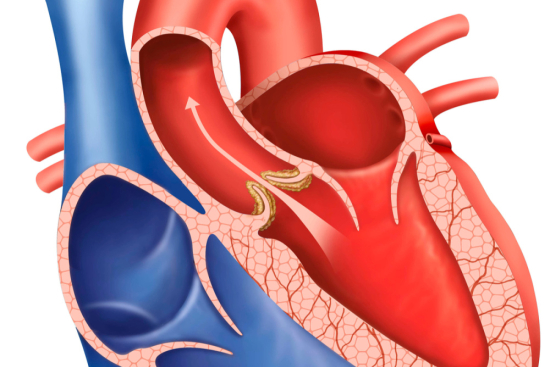Transcatheter aortic valve implantation (TAVI) has become an important option for patients needing treatment for aortic valve disease who may face higher risks with traditional surgery. This minimally invasive approach allows for effective intervention with a shorter recovery time, helping patients regain strength and maintain daily activities more safely.
TAVI in Turkey: Expertise and cost
Turkey offers high-quality TAVI procedures at competitive prices, making advanced cardiac care more accessible. Partner clinics feature experienced cardiac surgeons, state-of-the-art facilities, and personalized patient care throughout the procedure.
What the cost includes:
- Pre-operative consultation and assessments
- Hospital or clinic fees
- Anesthesia and surgical procedure
- Post-operative monitoring and follow-up
Benefit from affordable, world-class care without compromising safety or quality.
Take the first step toward better heart health today: Contact our team for a free teleconsultation with our expert partner surgeons for your TAVI procedure in Turkey.








